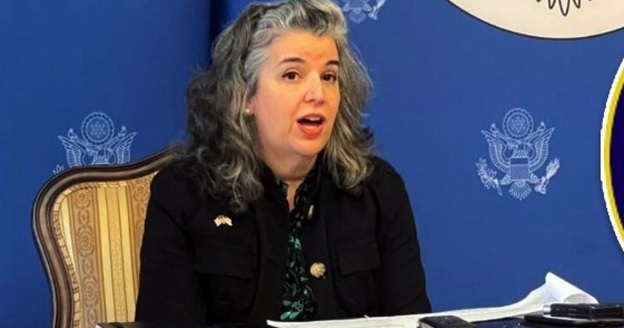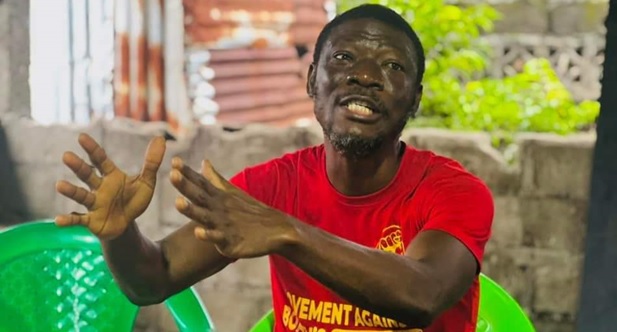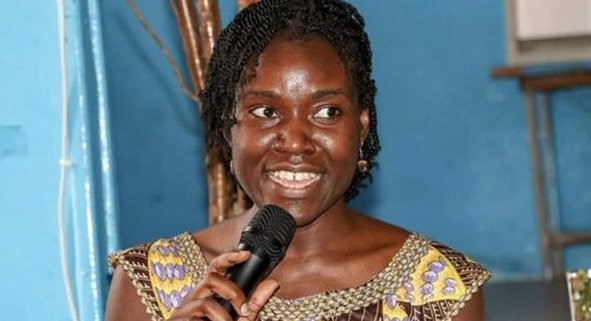MONROVIA, LIBERIA — A diplomatic rift unfolded during Liberia’s 177th Independence Day celebrations when U.S. Chargé d’Affaires Catherine Rodriguez abruptly left the ceremony following a provocative speech by national orator Dr. Robtel Neajai Pailey. Her address, titled “A Radical Agenda for Re-imagining Liberia,” directly challenged the longstanding relationship between Liberia and the United States, leading to heightened tensions.
Dr. Pailey began her speech by addressing Liberia’s complex ties with the U.S., expressing concerns about its outsized influence in the nation’s transitional justice process. She urged Liberians to question the notion of a “special relationship” with America, asserting that such a bond exists only in the nation’s imagination. Her bold statement reminded listeners that the United States was one of the last countries to recognize Liberia’s independence.
Her remarks emphasized the need for Liberia to establish strategic partnerships based on mutual respect and benefit. “Once we accept these truths, we will appreciate that a re-imagined Liberia can never be anyone’s ‘stepchild’,” Dr. Pailey declared, advocating for a future where Liberia is free from the constraints of colonial legacies.
In a sweeping call for national transformation, Dr. Pailey proposed revising Liberia’s national symbols to reflect its diverse cultural and historical identity. She questioned why the national motto on the seal does not reflect unity, as suggested by the Truth and Reconciliation Commission, and why the highest national honor retains the politically charged term “pioneers.”
Dr. Pailey also suggested renaming the capital, Monrovia, as part of the decolonization process. “By refashioning our flag, seal, national anthem, and national awards, we can re-imagine Liberia based on a set of ideals that we all uphold,” she urged. She called for the formation of a committee of scholars, local officials, cultural experts, and artists to devise new symbols, culminating in a national referendum.
The speech, intended to provoke thought and inspire change, instead triggered diplomatic tensions. The U.S. Embassy in Monrovia responded by emphasizing that Independence Day Celebrations should be a time for hope, unity and celebration. Introducing divisive rhetoric and unfounded accusations during such an event undermines its purpose. The CDA’s decision to walk out was a measured response to maintain the event’s decorum and spirit. Rodriguez’s dramatic exit stresses the strain in diplomatic relations.
As Dr. Pailey continued, the incident drew mixed reactions across the nation. Some praised her vision for a liberated Liberia, while others expressed concern about the potential diplomatic repercussions of her comments.
The walkout by Rodriguez highlighted the fragile balance in Liberia’s international relationships and sparked widespread debate about the nation’s future direction. It raised important questions about how Liberia navigates its ties with global powers while pursuing its own path.
The incident serves as a pivotal moment in Liberia’s history, prompting discussions about national identity, independence, and the influence of foreign powers. Dr. Pailey’s speech challenges Liberians to critically assess their nation’s place in the world.
As the country reflects on its 177th year of independence, this diplomatic episode underscores the urgent need for national introspection and strategic reimagining. Dr. Pailey’s bold call to action remains a catalyst for ongoing conversations about Liberia’s aspirations and sovereignty.







